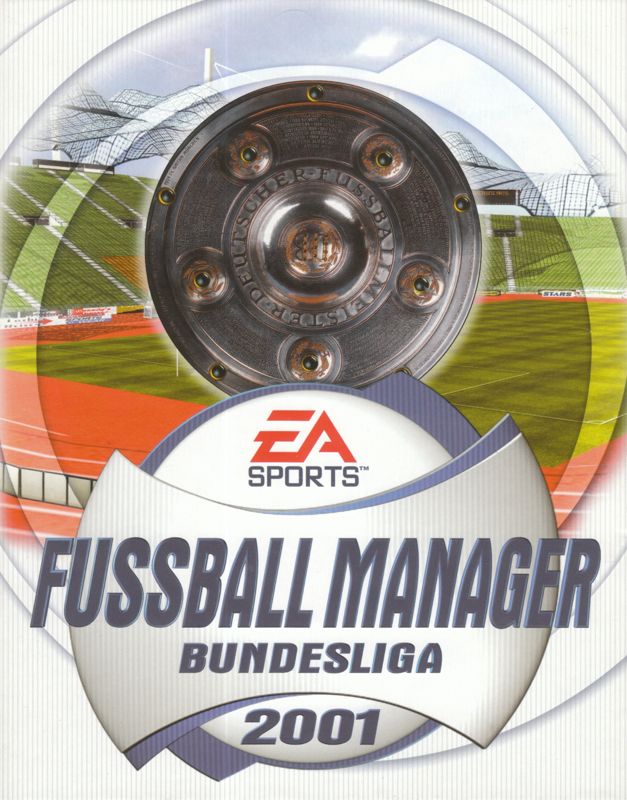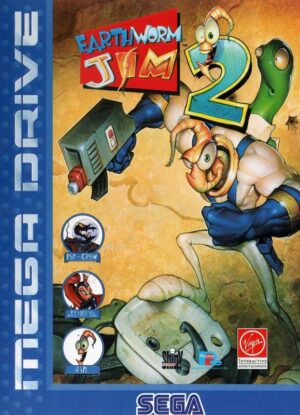Retro Replay Review
Gameplay
The F.A. Premier League Football Manager 2001 builds upon the solid foundation of its predecessor by offering an even deeper and more nuanced management experience. Once you select your team—ranging from title-challenging sides to relegation battlers—you are thrust into a world of tactics, transfers, and boardroom politics. The core loop revolves around squad selection, player negotiations, and resource allocation, ensuring that every decision carries weight and can make or break your season.
(HEY YOU!! We hope you enjoy! We try not to run ads. So basically, this is a very expensive hobby running this site. Please consider joining us for updates, forums, and more. Network w/ us to make some cash or friends while retro gaming, and you can win some free retro games for posting. Okay, carry on 👍)
One of the most compelling aspects of gameplay is the multi-league system. In addition to the fully licensed Premier League, you can scout and sign talent from six other countries, including Germany and the Netherlands. While some of these squads appear under pseudonyms due to licensing restrictions, the integrated database editor empowers you to correct names and attributes on the fly. This flexibility means you can tailor the experience to your preferences without waiting for external mods or updates.
Communication is handled through an in-game email interface that simulates real interactions with scouts, coaches, and board members. Pre-written reply options speed up the process, but still require you to think strategically. Whether you’re negotiating a high-stakes transfer or requesting extra funds for a stadium upgrade, the correspondence adds a layer of authenticity to the managerial role. Tasks like scouting youth talent, improving training facilities, and balancing the books ensure that the off-pitch action remains as engaging as the matches themselves.
Graphics
Graphically, Football Manager 2001 is a study in contrasts. The bulk of your time is spent navigating through menus, tables, and statistical charts, all presented in a functional, if somewhat dated, interface. Icons and color-coding are clearly defined, making it simple to track form guides, financial reports, and player attributes. While it won’t win any awards for visual flair, the UI remains navigable and efficient for long-term play.
The 3D match engine, though rudimentary by modern standards, provides a satisfying glimpse of your tactics in action. You can choose between full-match coverage or highlights mode, with simple player animations and a basic pitch layout. Live commentary accompanies the action, injecting enthusiasm into key moments and providing context for every goal, tackle, or missed chance. It’s not a visual spectacle, but it strikes a good balance between clarity and immersion for a game of this era.
Stadium and facility upgrade screens also receive a graphical treatment, with floor plans and construction wheels that show progress in real time. These sections help you visualize your club’s growth—whether you’re expanding stands or installing floodlights. While the visuals may not be cutting-edge, they succeed in conveying a tangible sense of advancement and reward for your off-field investments.
Story
Football Manager 2001 does not follow a linear narrative in the traditional sense; instead, its “story” is the career you forge season after season. From meeting your first-season objectives—such as avoiding relegation or achieving a mid-table finish—to chasing domestic titles and European glory, the evolving challenges create a dynamic narrative that you write yourself. Every triumph and setback becomes part of your managerial legacy.
The inclusion of pre-set objectives by the board adds dramatic tension to each campaign. Underperforming against expectations can result in heated board meetings and pressure to turn things around quickly. Conversely, exceeding targets not only boosts your reputation but also opens doors to manage larger clubs. This ebb and flow of expectations ensures that your personal journey remains compelling, even without a scripted storyline.
Off-pitch events, such as player controversies, media scrutiny, and financial crises, further enrich the unfolding drama. Injuries to key players or a sudden influx of transfer offers can feel like plot twists that demand swift, decisive action. All of these elements combine to create a managerial saga that feels personal, unpredictable, and deeply engaging.
Overall Experience
The F.A. Premier League Football Manager 2001 delivers a robust and rewarding management simulation that will appeal to both veteran tacticians and newcomers. Its depth of control over transfers, youth development, and club finances sets it apart from more casual football titles. Though the learning curve can be steep, the game’s modular structure—divided into match days, scouting missions, and boardroom meetings—helps ease newcomers into its systems.
Despite the somewhat dated visuals, the gameplay hooks remain strong thanks to the comprehensive database of players, clubs, and leagues. The inclusion of multiple European competitions and the ability to customize unlicensed teams ensures that replay value remains high. Fans of football management will appreciate the authenticity of the emails, negotiations, and tactical options at their disposal.
While the interface may show its age, and the 3D match engine lacks modern polish, The F.A. Premier League Football Manager 2001 shines where it matters most: in the depth of its management systems and the emotional stakes of club stewardship. If you’re looking for a title that lets you build dynasties, navigate the transfer market, and experience the rollercoaster ride of football management, this sequel is a worthy addition to your library.
 Retro Replay Retro Replay gaming reviews, news, emulation, geek stuff and more!
Retro Replay Retro Replay gaming reviews, news, emulation, geek stuff and more!




Reviews
There are no reviews yet.